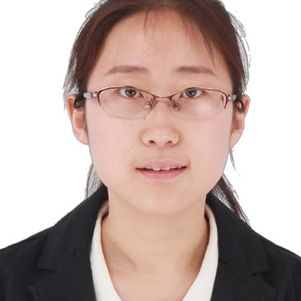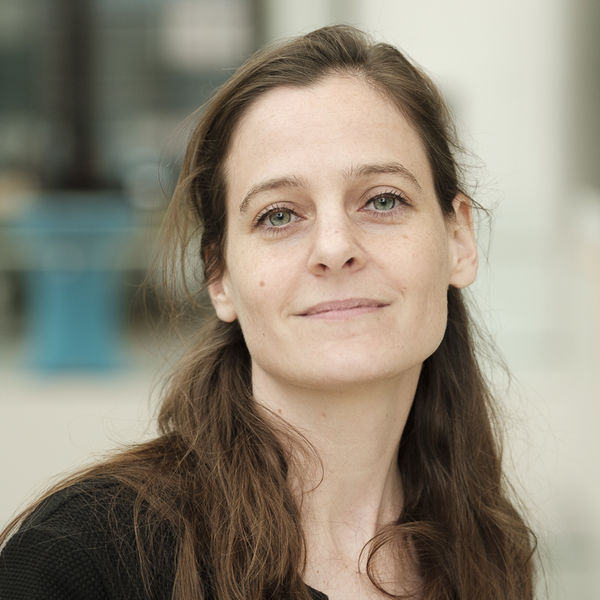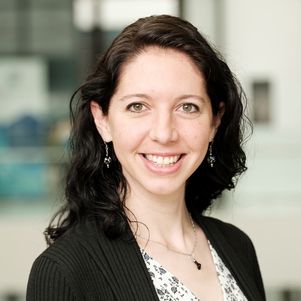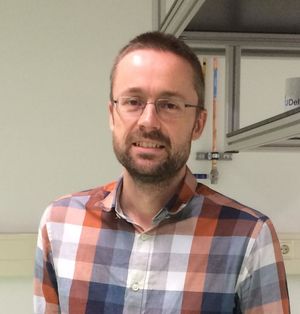50.000 euro NWO grant for four researchers of Applied Sciences
The Board of NWO Domain Science has awarded four researchers of Applied Sciences in the NWO Open Competition Domain Science – XS. Xiaozhou Ma, Dimphna Meijer, Caroline Paul and Toeno van der Sar will all receive 50.000 euros for their various projects.
The summaries of the approved projects are listed below.
The missing piece to produce CO as CO2 neutral fuel: the electrified separation of CO
Dr. X.Z. Ma, Chemical Engineering
CO2 emissions have triggered serious environmental consequences. This crisis can be solved by converting CO2 via renewable electricity into value-added fuels, like CO. The percentage of converted CO2, however, is too low for practical application. High percentages can be achieved if CO is continuously removed from the reaction medium: then CO formation simply continues. However, separation of low concentration products is energy-intensive. I propose a new “electrified” separation process: removal of CO via binding to a high-affinity material, followed by electrical switching the material to low-affinity to release CO for further use. This electrified separation will enable CO2-neutral fuel production.
A voltage keeper for cryo-EM
Dr. D.H.M. Meijer, Bionanoscience
A key hallmark of neurons, the primary cells in our brain, is the electrical signal that they transmit, also known as action potential. These electrical signals run through neuronal networks formed by communicating molecules. It remains unclear how individual molecules interact to facilitate transmission of action potentials. Here, the researchers will study the action potential on the molecular scale, using a combination of synthetic nanobiology and structural biology. The newly developed in vitro bottom-up assay will aid in finding novel therapies for severe neurological disorders that affect health and quality of life worldwide.
Exploring Nature’s catalysts for selective carbon bond formation
Dr. C.E. Paul, Biotechnology
Carbon bonds compose the framework of all organic molecules in our entire world. Their selective generation from small and simple starting materials is in growing demand to address the increasing structural complexity of molecules designed for pharma and fine chemical industries. However, there is a lack of practical catalysts to reach those molecules. I aim at developing the synthetic potential of key enzymes, Nature’s catalysts, towards selective carbon bond formation to make complex molecules.
“Slow magnons” – slowing down magnetic waves to the pace of a Sunday driver
Dr. T. van der Sar, TUD
Twenty-one years ago, researchers shot a laser into a cloud of atoms prepared in a quantum state and observed that the speed of light was brought to a crawl – a fundamental discovery that sparked a field aimed at using ‘slow light’ in logic switches and memories. The goal of the proposed project is to realize the magnetic analogue of slow light: “slow magnons”. Magnons are waves in magnets that can carry signals on chips without the heat production of electric currents. Slowing their velocity to a stopping pace would be a fundamental breakthrough with potential applications in information technology.



